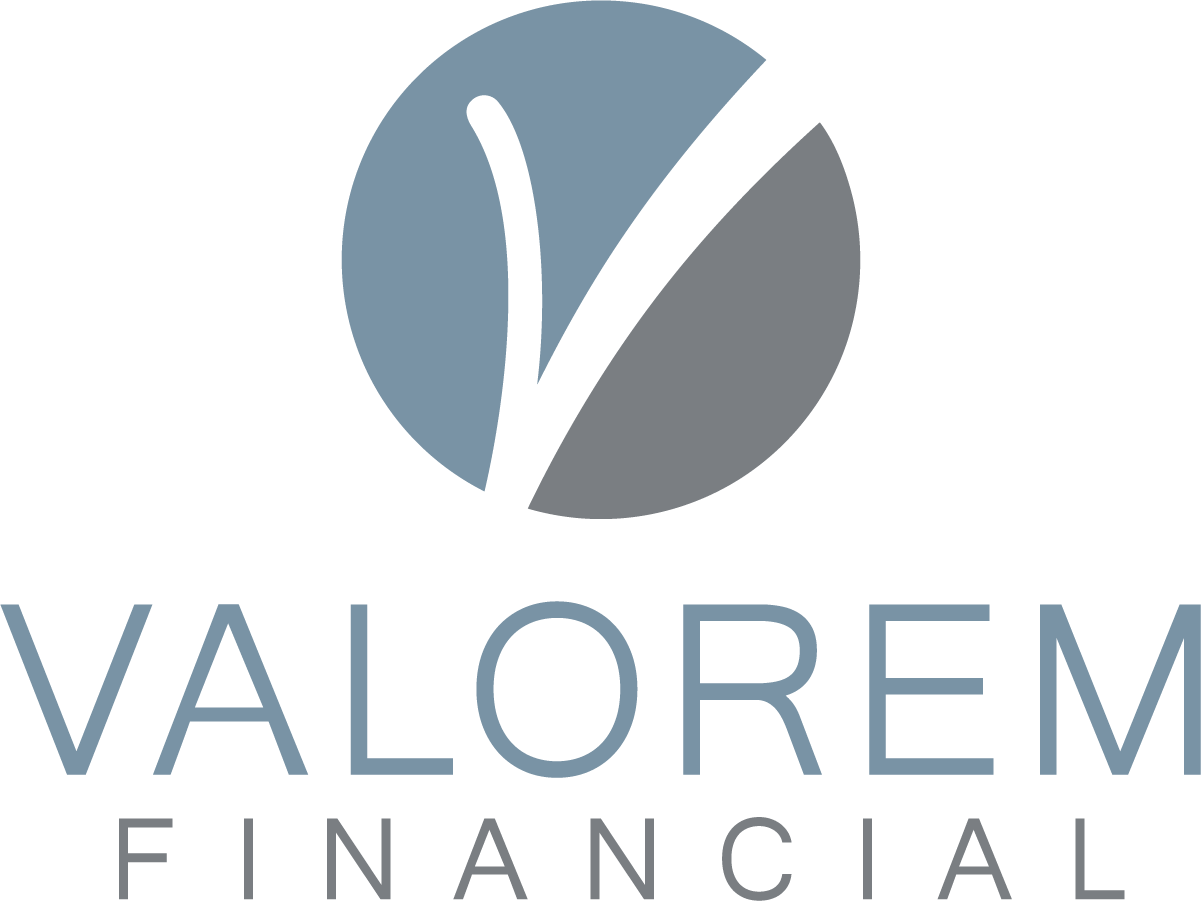There are many things to consider when thinking about retirement. First and foremost, it’s important to choose the right kind of retirement accounts and plan how best to fund your lifestyle after you stop working. Typically, investors have three common types of retirement accounts to choose from: a 401(k), a traditional IRA, and a Roth IRA.
The Basics
A 401(k) is a type of employer-sponsored retirement plan. In the nonprofit and government sectors, employers offer 403(b) and 457 plans, respectively.
Meanwhile, an individual retirement account (IRA) is an account you typically open with a financial institution like a bank or brokerage firm.
Individual and employer-sponsored retirement accounts both allow you to choose whether the account is a traditional IRA or a Roth IRA.
Roth IRA contributions are taxed when contributing, and withdrawals are tax-free. To contribute to a Roth IRA, you must meet certain income criteria. On the other hand, traditional IRA contributions are tax-free, but withdrawals are taxed. Withdrawals from both Roth and traditional IRA accounts are usually made in retirement, or you may incur a fee for withdrawing early, with some exceptions.
Factors to Consider: Employer or Broker
401(k)s are an option usually offered by your employer, while you open an IRA yourself through a broker or a bank. Oftentimes, employers will incentivize contributions by matching contributions made into these accounts up to a certain percentage. A traditional IRA, as mentioned earlier, is an account that the owner establishes without an employer’s involvement, usually through a bank or broker. Individually held IRAs can offer more investment options, but employer-sponsored plans have their own benefits.1
Factors to Consider: Annual Contribution Limits
For example, employer-sponsored plans offer higher annual contributions. Investors interested in opening a Roth IRA may find this especially advantageous. In an individually held Traditional or Roth IRA, the contribution limit for 2024 is $7,000.2 However, that same contribution limit for all 401(k)s is $23,000. 3 Additionally, individually held Roth IRAs have an income limit. If your modified adjusted gross income is more than $146,000, you may not contribute to a Roth IRA.4 However, there is no income limit on a Roth 401(k).
Factors to Consider: Tax Deductions
Contributions made to your 401(k) lower your taxable income. Meanwhile, contributions made to an IRA are only tax deductible depending on the type of account. Contributions to a Roth IRAs, for example, are not tax deductible.5 Contributions made to a Roth 401(k) are not tax deductible and do not lower your taxable income.
Factors to Consider: Required Minimum Distributions
401(k)s – including Roth 401(k)s – have a required minimum distribution (RMD), typically around the age of 73. Traditional IRAs have this same RMD, but if you opt for a Roth IRA, there is no RMD in retirement.
Financial advisors may recommend contributing to both a 401(k) and an individually held IRA, depending on your tax bracket and other factors. For further assistance, consider meeting with a financial advisor who can best assess your financial situation.
The opinions contained in this material are those of the author and not a recommendation or solicitation to buy or sell investment products. This information is from sources believed to be reputable, but Cetera Advisor Networks LLC cannot guarantee or represent that it is accurate or complete. All investing involves risk, including the possible loss of principal. There is no assurance that any investment strategy will be successful.
Some IRAs have contribution limitations and tax consequences for early withdrawals. For complete details, consult your tax advisor or attorney.
For a comprehensive review of your personal situation, always consult with a tax or legal advisor. Neither Cetera Advisor Networks LLC nor any of its representatives may give legal or tax advice.


